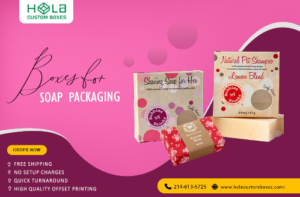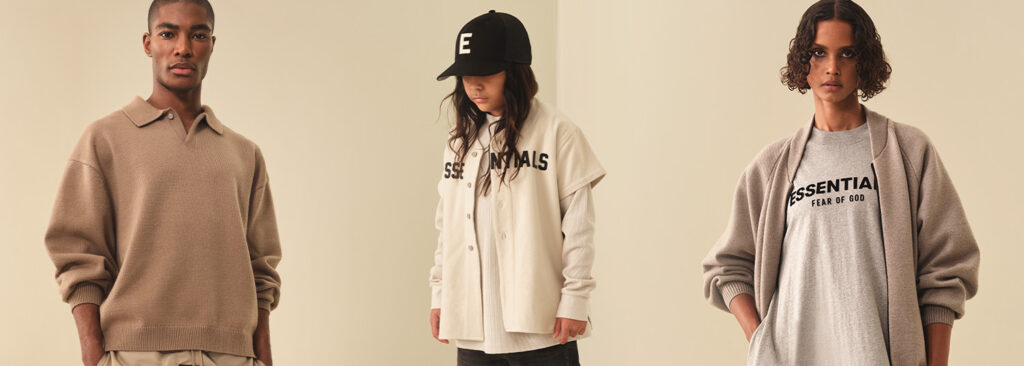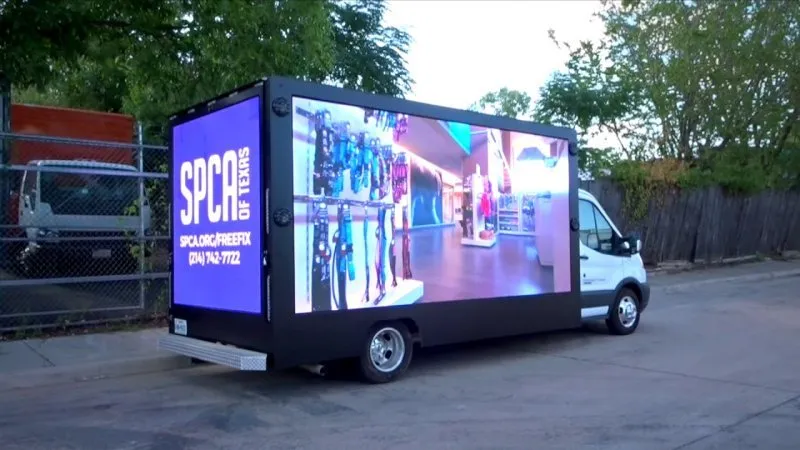Skin color has always been a topic of interest and, at times, controversy. In many cultures, light skin is deemed desirable, while in others, a tan or darker skin tone is preferred. The phrase light skin freaks may sound unusual, but it speaks to a cultural phenomenon that’s more pervasive than many realize. Thanks to platforms like TikTok, the conversation surrounding skin tone has taken on new dimensions. With light skin girls TikTok, thick lightskin TikTok, and light skin TikTok becoming popular search terms, it’s clear there’s a fascination in the online realm. This article delves deep into understanding the reasons behind this obsession, its implications, and the importance of celebrating all skin colors.
The Historical Context of Light Skin Preference
Throughout history, light skin was often associated with nobility, affluence, and a life of leisure. This association can be traced back to ancient civilizations. While the laboring class worked outdoors and was exposed to the sun, the elites mostly stayed indoors, leading to a lighter complexion. This societal structure perpetuated the belief that lighter skin was superior.
In contrast, in some Western cultures, a tan indicates a healthy, active lifestyle, often associated with vacations or outdoor leisure activities. The pendulum of preference swings both ways depending on the region and era.
Media’s Role and the Influence of Platforms like TikTok
The media plays an undeniably significant role in shaping beauty standards. Movies, TV shows, advertisements, and, more recently, social media platforms consistently spotlight individuals with light skin tones, reinforcing the desirability of such a complexion.
TikTok, in particular, has become a hotspot for discussions on skin tone. Searches related to light skin meaning TikTok or the phenomenon of light skin girls TikTok showcase the platform’s impact. The urban dictionary lightskin definition also takes cues from these trends, reflecting contemporary slang and its interpretation of ‘lightskin.’
Debunking Misconceptions: Is Lightskin a Race?
A common question arising from this dialogue is, Is lightskin a race? The answer is no. Lightskin is more of a descriptor, often used in urban slang, than a racial classification. While some people may refer to light skin meaning slang to understand its colloquial implications, it’s crucial to recognize that skin tone does not define one’s race or ethnicity.
The Health, Psychological Implications, and TikTok Trends
Constant pressure to conform to a particular skin standard can be detrimental both physically and mentally. Many products promising lighter skin may contain harmful chemicals that can lead to long-term health problems. Hydroquinone, mercury, and high levels of steroids are common ingredients found in skin-lightening products.
Moreover, the obsession with light skin can lead to severe psychological effects. When terms like thick lightskin TikTok become popular, they not only focus on skin tone but also body types, further amplifying the pressure to fit into a particular mold of beauty.
Embracing Diversity and Breaking Stereotypes
In the midst of this light skin freaks phenomenon, there’s a growing movement advocating for the appreciation of all skin tones. This movement pushes for a more inclusive representation in media, challenges stereotypes, and celebrates the beauty in diversity.
Brands are now featuring models of different ethnicities and skin colors in their campaigns. Movies and TV shows are becoming more inclusive, with lead roles being given to actors of various backgrounds. Social media influencers, especially on platforms like TikTok, are also championing the cause by celebrating their unique skin tones and encouraging others to do the same.
Steps to Counteract the Light Skin Freaks Obsession
- Education: Understanding the historical and cultural reasons behind the obsession, as well as clarifying questions like what does lightskin mean?, can help debunk myths surrounding skin color.
- Mindful Media Consumption: Being discerning about the media consumed can make a huge difference. This includes critically evaluating trends on platforms like TikTok.
- Promote Positive Self-image: Encouraging individuals to love and accept themselves is crucial.
- Support Brands that Celebrate Diversity: As consumers, choosing to support brands that are inclusive in their representation can push more companies to follow suit.
Conclusion
While the light skin freaks phenomenon has deep historical and cultural roots, modern platforms like TikTok are bringing these discussions to the forefront in new ways. As a society, promoting acceptance, inclusivity, and diversity can pave the way for a healthier perspective on beauty and self-worth.











